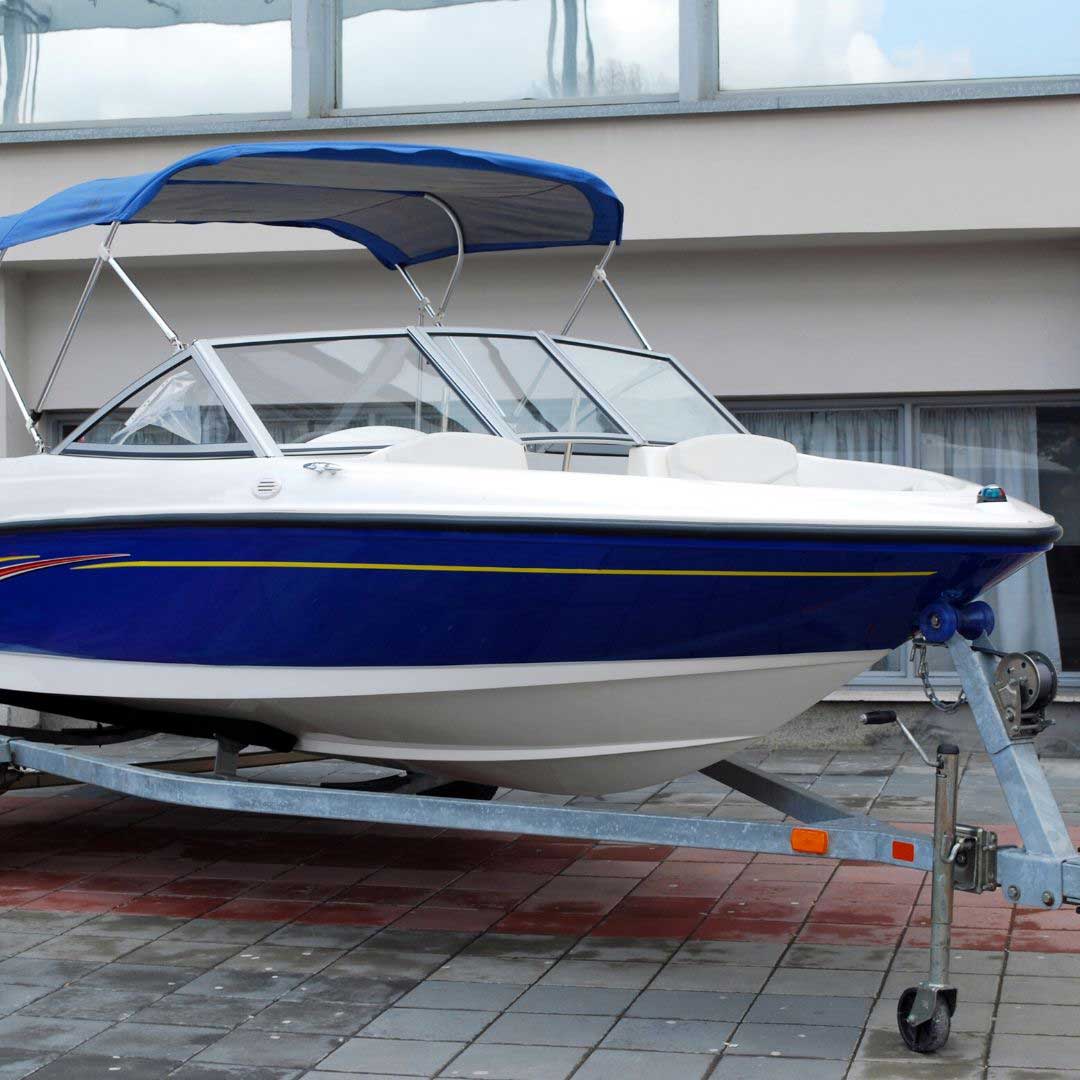With the arrival of winter and the cold, dark days that lay ahead, it’s time to prepare your boat for a bit of a rest. Here in Australia we are lucky to have a relatively short winter compared to other countries. But we still need to ensure we store our boats carefully as even just a few months off the water can cause damage, and oddly enough wear and tear. To make sure your boat says in great condition so you can take her out as soon as the weather warms up, you just need to follow these tips on preparing properly for storage:
Clean, clean, clean!
Go through your boat and remove all items before locking her up for the winter. Too many things left on board can aid in mould and mildew growth as they can hide and trap moisture. Clean away any rubbish, making sure you check under seats and other hidden areas. Also remove other items such as lifejackets, flares, fire extinguishers and anything that could be the target of theft like radar displays, radios and other electronics.
Once it has been decluttered, it’s time to give the entire boat a good clean. Wash the external surfaces as well as the interior. Dirt that is left on the boat for months will end up scratching or corroding the surfaces. Wax the boat to protect it from the winter weather. After washing any material or canvas, make sure it dries thoroughly before folding and storing away.
Fix any problems
If there are any problems with your boat, don’t wait until spring to have them fixed, do it now. If you leave any problems for too long they may get worse over the time the boat is being stored.
Check for blistering in fibreglass boats, look for worn cables and corrosion and check fuel lines for cracking or signs of leakage. Look at engine belts for signs of excessive wear so they can be replaced. Even if they look fine, you should still take them off and store them for winter as they can still wear from being stretched even when the engine isn’t on.
Flush it out and fill it up
Completely flush the engine with fresh water or a good engine degreaser to remove all dirt, salt and corrosion. Treat the engine with a special cleaning fluid that will help clear out any carbon deposits and nasty stuff from inside the engine. This will also remove any build-up and you can start the season fresh once spring arrives. You should also change the engine oil and the oil filter, to get rid of sediment and impurities. Refill the engine with fresh, clean oil.
Fill the fuel tank so that you don’t get a build-up of condensation over the next few months, and if you happen to be in an area where you need to worry about snow or ice, run some anti-freeze into the cooling system.
Remove the propeller and clean it, checking for fishing line etc. Then put a coat of water resistant grease on the propeller before replacing it.
Store everything separately
Take all material items off the boat so that they don’t become mouldy. This includes leather or canvas. Also remove all electronics for security reasons and to stop them being exposed to wet or cold weather if your boat isn’t being stored inside.
Another thing that needs to be taken out and stored properly is the battery. It will slowly drain if you leave it hooked up for the few months that you don’t use your boat, and the last thing you want on that first sunny day is to discover you have a flat battery before you even get to go anywhere. Once you have disconnected it, top it off with distilled water and then store it in a cool, dry place. If possible, you should give it a good charge every now and then to make sure it works well once you are ready to connect it back up to the boat.
Even the wheels of your boat trailer should be taken off and stored separately if you are planning on keeping your boat on it for the winter. This is to avoid the flat spots on the tyres that would occur if a heavy boat was sitting on them for a long period of time.
Storage
Finally, where are you planning on storing your boat? A boat storage unit is the best option if it is available to you. It will keep your boat secure as well as out of the weather, so you won’t have to worry about the rain and the hail that might hit during winter.
If you don’t have an option but to keep your boat stored outside, such as in your yard or on the street, it is essential that you get a cover for it. This will stop the build up of dirt, grime and debris as well as moisture.Wherever you store your boat, you should check on it often. Look for signs of moisture, too much dirt and anything else that seems amiss.
